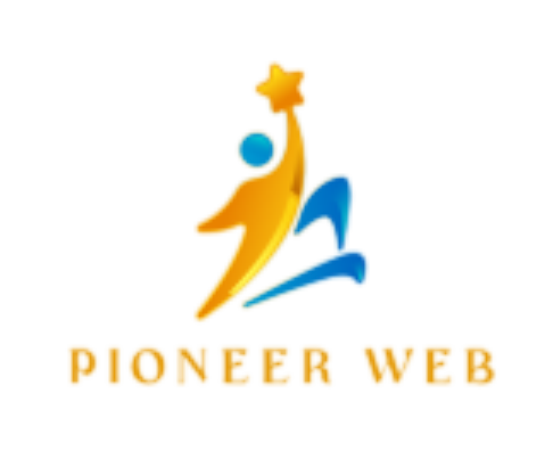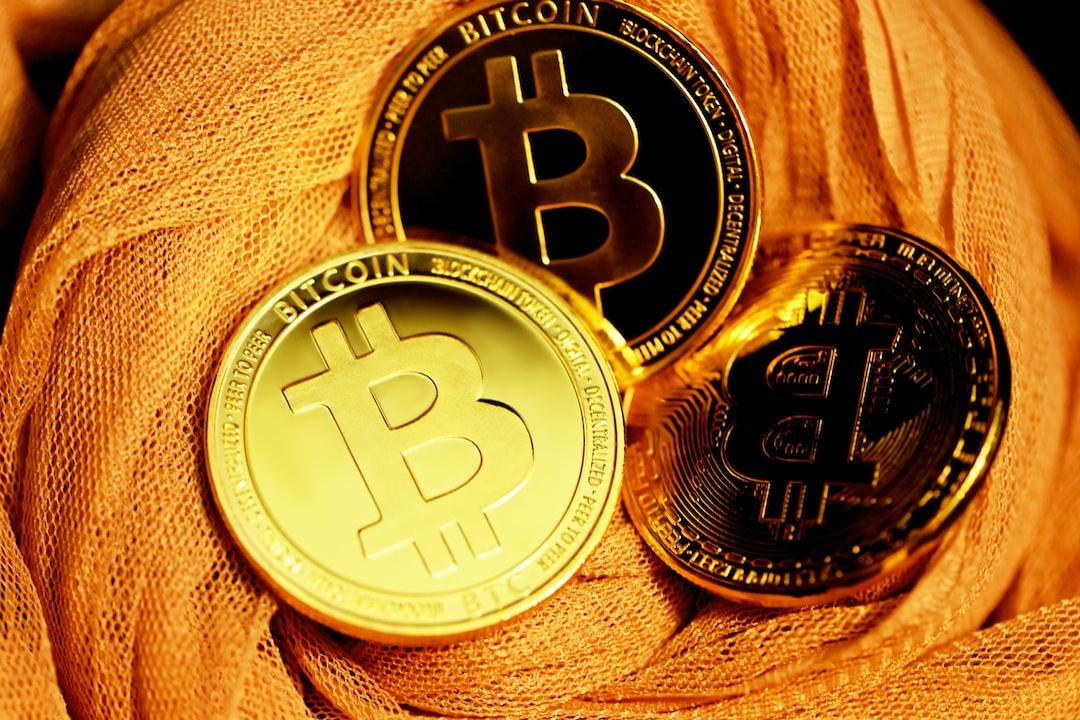The advent of decentralized finance (DeFi) and blockchain technology has transformed industries and the way we think about finance, ownership, and governance. At the heart of this transformation is the concept of Decentralized Autonomous Organizations (DAOs), which are revolutionizing how decisions are made within organizations, communities, and societies at large. One of the most promising applications of DAOs is in the realm of societal governance, where decentralized decision-making processes are being utilized to create more transparent, inclusive, and efficient forms of governance. These “Society DAOs” could fundamentally change the dynamics of how communities function and how individuals interact within those communities. This article explores the role of Society DAOs in governance, their potential impact on traditional structures, the challenges they face, and their future in the global landscape.
What Are Society DAOs?
A Decentralized Autonomous Organization (DAO) is a digital organization that operates based on predefined rules encoded into smart contracts. Unlike traditional organizations, DAOs are decentralized and do not rely on central authority figures or intermediaries. Instead, governance is handled collectively by stakeholders, typically token holders, who vote on decisions that affect the DAO’s direction, operations, and policies. Society DAOs take this concept to a broader, societal level. These DAOs aim to build decentralized communities where governance extends beyond mere organizational structures to encompass entire societal functions, such as local governance, community resource distribution, and social impact initiatives. Unlike traditional centralized governance models, Society DAOs are more transparent, inclusive, and adaptive, leveraging blockchain’s decentralized architecture to foster a more collaborative approach to governance. The members of these DAOs can propose, debate, and vote on decisions that impact their society in ways that reflect the collective will rather than a top-down hierarchy.
The Core Principles of Society DAOs
Decentralization: The foundational principle of DAOs, including Society DAOs, is decentralization. Rather than relying on a single governing entity, decision-making is distributed among all participants. This ensures that no single party holds absolute power, fostering fairness and equality.
Transparency: Blockchain technology enables the transparent and immutable recording of all decisions made within a Society DAO. Every action, vote, and transaction is publicly recorded, providing a high level of accountability to all members.
Smart Contracts and Automation: DAOs are powered by smart contracts, which are self-executing contracts with the terms of the agreement directly written into code. These contracts allow for the automatic execution of decisions, such as the distribution of resources or the implementation of policies, based on pre-agreed rules without the need for intermediaries.
Tokenized Governance: Many DAOs, including Society DAOs, use tokens as a way to represent ownership and voting power. These tokens give members the ability to participate in governance decisions. The more tokens an individual holds, the more influence they have in the decision-making process, incentivizing active participation and contribution to the community.
Inclusion and Community-Centric Design: Society DAOs aim to provide a governance model that is open to everyone. With decentralized governance, it’s possible to have a more participatory approach where all members have an equal opportunity to influence decisions.
The Evolution of Governance: Traditional Systems vs. Society DAOs
Traditional forms of governance, whether they are political systems or organizational hierarchies, have typically been centralized. In these models, decision-making power is concentrated in the hands of a few individuals, be it elected officials, business executives, or board members. This centralization often leads to inefficiencies, lack of transparency, and unequal power distribution, as well as corruption or mismanagement. Society DAOs, by contrast, offer a decentralized alternative that redistributes power across the community. Instead of decision-making resting solely in the hands of elected officials or top executives, the entire community participates in shaping policies and initiatives. This shift toward decentralized governance could represent a major leap forward in overcoming the inefficiencies and inequalities inherent in traditional governance models.
Key Differences Between Traditional Governance and Society DAOs:
Centralization vs. Decentralization: Traditional systems centralize decision-making power in institutions or elected bodies, whereas Society DAOs are decentralized, with power distributed among all participants.
Top-Down vs. Bottom-Up: In traditional models, decisions often come from the top and trickle down to the masses. Society DAOs operate on a bottom-up model, where all members have a voice in shaping policies and making decisions.
Transparency: Traditional governance systems are often criticized for lack of transparency, where decisions are made behind closed doors. In Society DAOs, every decision is recorded on a public ledger, ensuring full transparency.
Accountability: Traditional institutions may lack the checks and balances necessary for ensuring that leaders are held accountable. With Society DAOs, accountability is baked into the system, as decisions are made publicly, and voting records are immutable.
Cost and Efficiency: Traditional governance models are often expensive, with high administrative costs due to intermediaries. Society DAOs reduce these overheads by automating governance processes through smart contracts, which leads to cost savings and faster decision-making.
How Society DAOs Impact Governance
Increased Civic Participation: Society DAOs could dramatically increase civic participation. In traditional political systems, voting is often limited to periodic elections. With Society DAOs, members are continuously engaged in the decision-making process. This creates an environment where civic engagement isn’t just a once-in-a-while event but a daily activity. Members can submit proposals, participate in debates, and vote on issues that matter most to them. This constant involvement leads to more informed and active communities.
Greater Inclusivity: One of the most significant benefits of Society DAOs is the inclusivity they offer. Traditional political systems often exclude marginalized communities from decision-making processes. Society DAOs democratize governance by enabling anyone with access to the DAO to participate in shaping policies. These DAOs can operate on a global scale, meaning people from different cultures, economic backgrounds, and geographical locations can have an equal voice in the governance of the society.
Resilience and Adaptability: Society DAOs are inherently more resilient and adaptable compared to traditional governance systems. The decentralized nature of DAOs means that no single point of failure can bring down the system. If one member or node fails, others can step in, ensuring the continuity of governance. Additionally, the use of smart contracts enables DAOs to be more adaptive, as governance rules can be updated and adjusted in real-time to reflect the needs of the community.
Resource Allocation: Society DAOs can revolutionize how resources are allocated within a community. Instead of relying on centralized authorities to distribute resources, Society DAOs can automate the process based on collective decisions. This could result in a fairer distribution of resources, as decisions are made by those who are directly impacted by them. Additionally, smart contracts could ensure that resources are allocated efficiently, reducing wastage and ensuring that funds are used effectively.
Social Impact and Community Wellbeing: The potential for Society DAOs to drive social change is immense. By putting the power of decision-making in the hands of the community, DAOs can address pressing social issues such as poverty, education, healthcare, and environmental sustainability. Members of a Society DAO can work collaboratively to fund initiatives, propose solutions, and enact policies that prioritize the collective good.
Global Governance and Cooperation: The decentralized nature of Society DAOs means that governance is not confined by borders. A global Society DAO could be established to tackle international issues such as climate change, global poverty, or human rights. The ability to operate without national boundaries allows for a more cohesive global approach to solving common problems. Additionally, Society DAOs could create a new model of international cooperation, where countries, organizations, and individuals all have a voice in global governance.
Challenges Faced by Society DAOs
While Society DAOs have the potential to revolutionize governance, there are still several challenges they face in achieving mainstream adoption:
Scalability: As DAOs grow in size, managing governance and decision-making can become increasingly complex. Ensuring that all members are actively engaged in decision-making while maintaining the efficiency of the system is a challenge that needs to be addressed.
Security: DAOs, like any digital platform, are susceptible to hacking and other security vulnerabilities. Protecting the integrity of the governance system is essential, as any vulnerabilities could undermine the DAO’s legitimacy.
Legal Recognition: Many countries have yet to establish a clear legal framework for DAOs. Without legal recognition, DAOs may face obstacles in executing certain actions or making binding decisions. Governments will need to evolve their legal systems to accommodate these new forms of governance.
Voter Participation and Tokenomics: The reliance on tokens for voting can create inequalities if some members hold more tokens than others. Ensuring fair representation in decision-making will require careful consideration of tokenomics and governance models.
Adoption and Education: One of the biggest barriers to the widespread adoption of Society DAOs is the lack of understanding and awareness about blockchain technology. Educating the public on the benefits of DAOs and how they can participate is essential for fostering adoption.
The Future of Society DAOs in Governance
Despite the challenges, Society DAOs hold tremendous potential to reshape the future of governance. As blockchain technology continues to mature, the adoption of decentralized governance models is likely to grow. By 2025 and beyond, Society DAOs could become a mainstream tool for managing everything from local communities to global initiatives. The future of Society DAOs depends on continuous innovation, robust security measures, and the establishment of legal frameworks that support decentralized governance. If these challenges are addressed, Society DAOs could offer a more transparent, equitable, and efficient alternative to traditional systems of governance, ultimately leading to a more just and collaborative society. In conclusion, Society DAOs represent a bold step forward in the evolution of governance. By leveraging the power of blockchain and decentralization, they are creating a more inclusive, transparent, and participatory model for decision-making. While there are still hurdles to overcome, the potential for Society DAOs to transform how we govern ourselves is immense, and as we move into the future, they could become the cornerstone of a more democratic global society.



